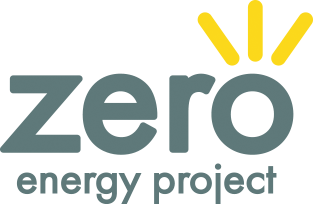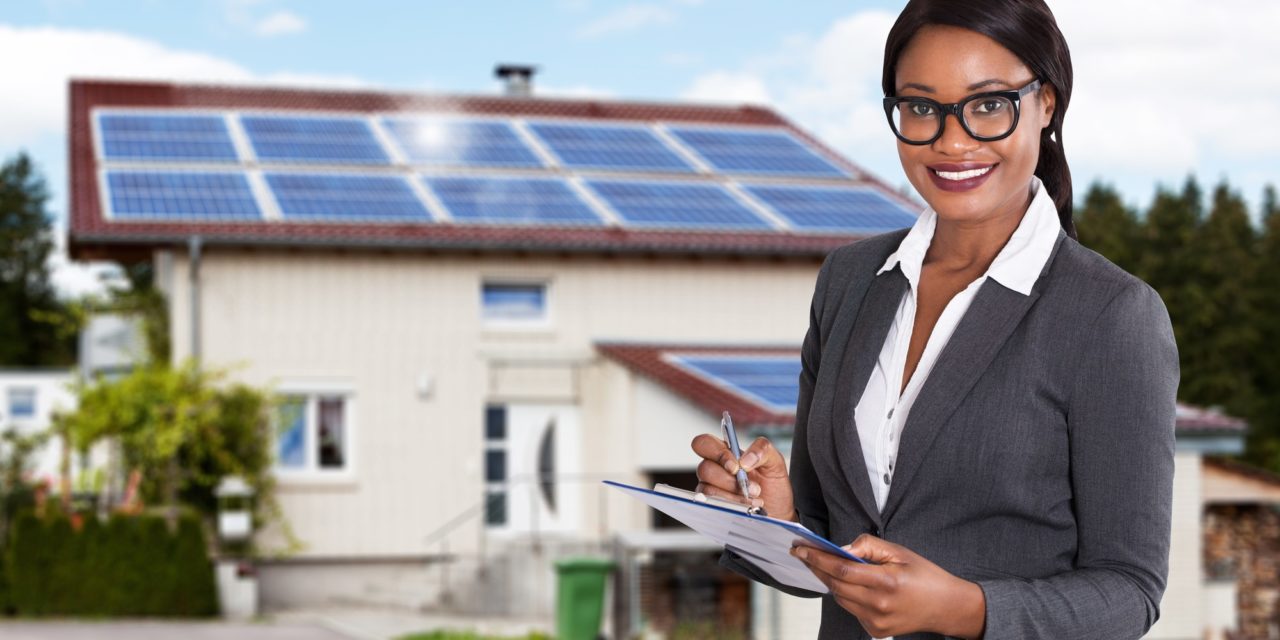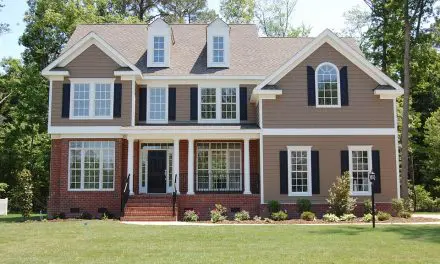Buying, selling, or financing? Use the appraisal Green Addendum to valuate your home’s sustainable features.
By Christopher Matos-Rogers, Founder, Matos-Rogers Group
Whether you’ve already built your green home or are considering building or renovating with sustainable upgrades, you’ve likely already done quite a bit of research. You know the reasons why high-performance homes built above code are more comfortable and can save money in the long run. Maybe you’ve already found a qualified green builder. But when you’re looking at financing, do you know how to unlock the true value of your green home upgrades?
Obtaining the full value for your green home, whether you’re selling or financing, will maximize your access to capital and ensure the return on your investments in sustainability (ROI). But only the right professionals can make it easier to evaluate your high-performance home at the time of sale, or when financing a new home or sustainable renovation. Green-competent real estate agents, appraisers, lenders, and energy raters exist in every state. And I’m going to show you how to search for and identify the right pros.
Certification programs
Start with documentation. If you haven’t yet begun building your green home, this is the time to negotiate with your builder to select which certification program you will pursue (e.g., Energy Star, LEED, EarthCraft, etc). Testing, verification, and documentation are the keys to achieving these certifications, since many of the features will be hidden “behind the walls” and not viewable to appraisers, agents, or homebuyers.
Some cities, like Portland, require that your home have an energy-efficiency certificate, or HERS score. Check out GreenBuildingRegistry.com to see if a home has a HERS score or certification. Simply put in the home’s address, and if EarthAdvantage has a record for the property, they’ll show the program, level, year of verification, and more. EarthAdvantage will even pre-fill the appraisal Green Addendum so you can download and provide to the appraiser.
What is the appraisal Green Addendum?
The Appraisal Institute’s Green Energy Efficient Appraisal Addendum is an updated addendum to the standard home appraisal form that’s used by appraisers to verify the value of a home and/or proposed improvements. When purchasing a loan, the lender needs to ensure that the home is worth the sale price. Or in the case of refinancing via mortgage or home equity loan, your line of credit is based on the as-completed appraised property value. That is, the value of your home after high-performance upgrades are installed.
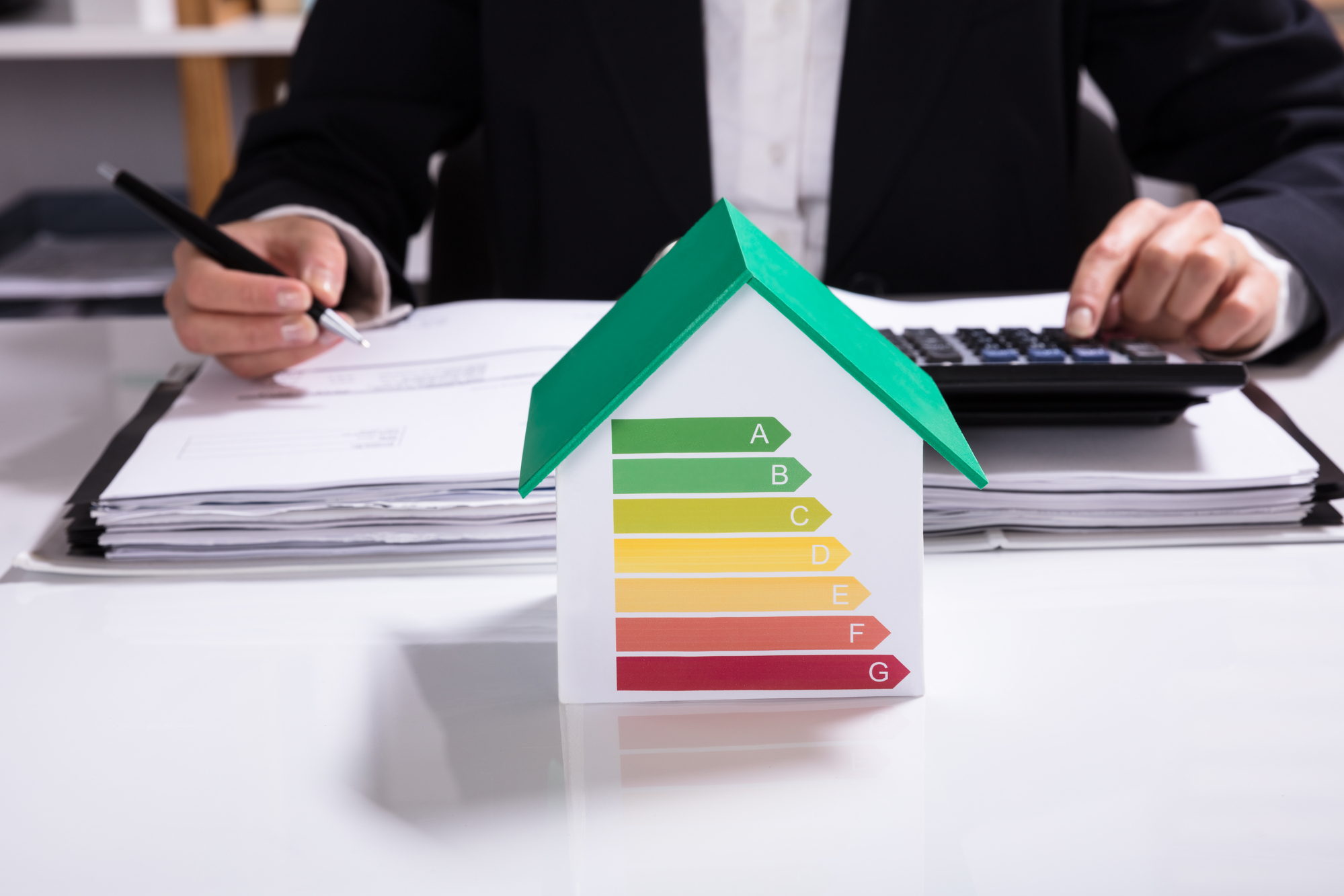
It’s the appraiser’s job to verify the value of the property and renovations for the lender. The Appraisal Green Addendum effectively communicates to appraisers and lenders all the information they need to valuate the high-performance attributes of your home. Since many energy efficiency, sustainability, and resiliency features hide “behind the walls,” an appraiser without green building training might miss them. The Appraisal Green Addendum puts these features on paper for both lenders and prospective buyers.
The addendum might include massing and site orientation; “tight” construction and insulation; energy efficient windows and daylighting; high-efficiency water and irrigation features; heat pumps and other efficient HVAC systems; indoor air quality; and more. If your home already includes PV solar, you’ll want to provide electric bills and historic production data for the system, often readily available from your system’s controller or app.
These supporting documents should then be provided to the appraiser and input into the addendum. Whether it’s filled out by the builder, architect, or energy advisor, realtors and borrowers need to make sure that the lender is seeing an appraisal Green Addendum. And the lender’s appraiser needs to be properly trained in the use and details of the form.
Finding the right green professionals
Once you have your home performance documentation gathered and you’ve completed the Appraisal Green Addendum, you need a green certified appraiser to assign a value for your green features and home. The Appraisal Institute, the professional association of appraisers, provides education and certification on valuing green homes, and maintains a list of green certified appraisers across the country. So homeowners can easily find a list of green-competent appraisers in the state.
Once you’ve obtained the proper valuation of your green features, or planned sustainable upgrades, you can look for lenders. Financing a green home doesn’t necessarily require use of a specialized lender versed in green properties, but it can help.
The vast majority of lenders will have no relevant experience and may push back. But a homeowner can insist on the additional valuation, and it may be necessary to switch lenders. At a minimum, be sure to explain to your lender that 1. your home includes green features, 2. you have them documented in an appraisal Green Addendum, and 3. you require a green certified appraiser.
Another route you could explore is Energy Efficient Mortgages (EEMs). EEMs recognize the lower operating cost of green homes and provide various advantages. EEMs, like other mortgages, come in conventional, FHA, and VA, with differences in how each program is administered.
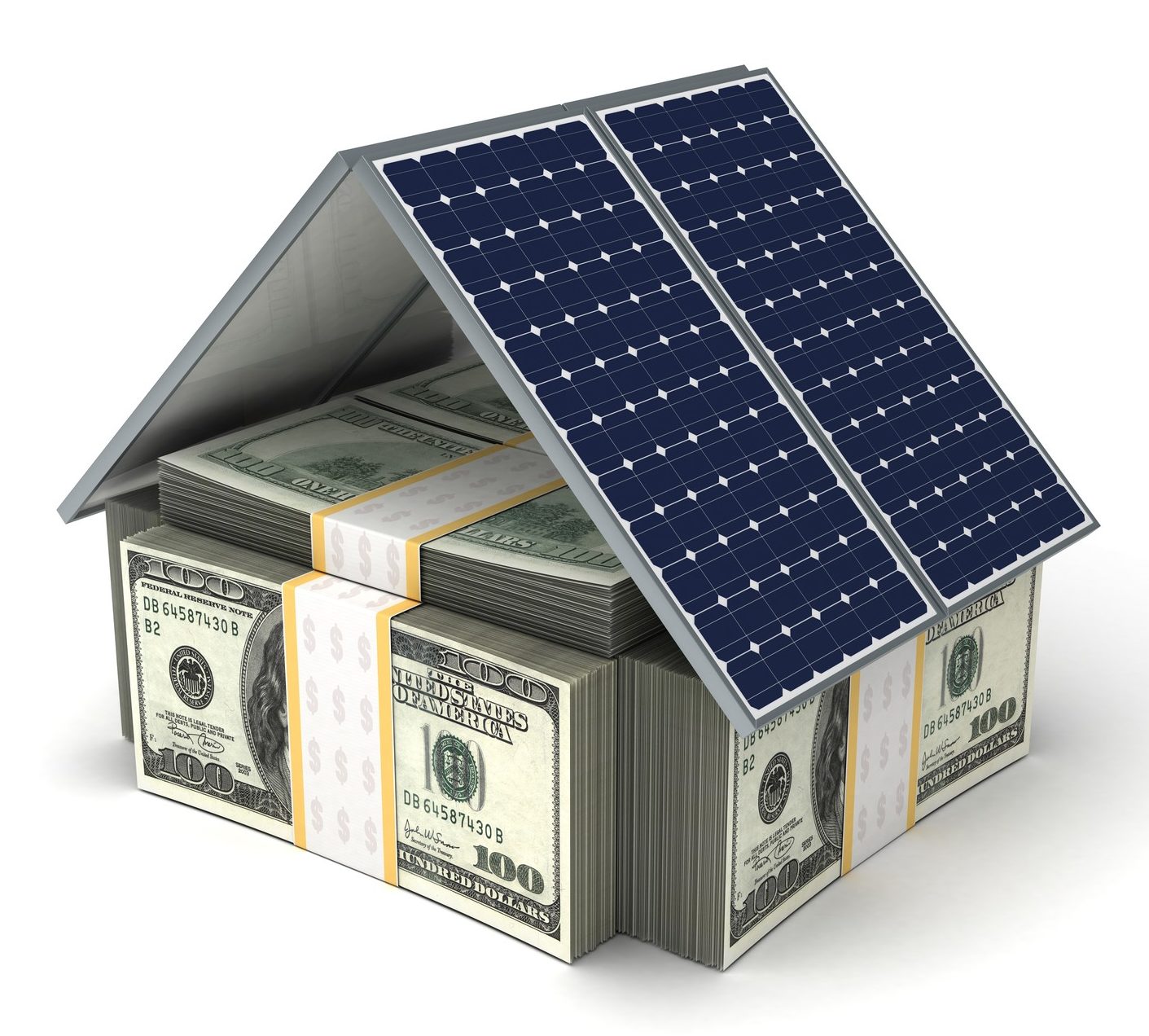
Green-savvy realtors
If you’re planning to buy or sell a green home, be sure to find a green-competent real estate agent. See if they are versed in the appraisal Green Addendum and understand the value and comfort benefits of your high-performance investment. A green-competent agent knows that will be green homes are proven to sell for more and sell faster. They are savvy in marketing your home’s assets to potential buyers. This is your best path to obtaining an ROI on your sustainable home features during sale. Further, an experienced agent can help you find other appropriate professionals who are green-competent as well.
The National Association of REALTORS created an education and designation program to equip relators with knowledge and resources to help their clients take full advantage of sustainable investments. Check out the Green Designation site to find GREEN designated agents in your market.

The author:
Christopher Matos-Rogers is the founder of the sustainability-focused Matos-Rogers Group and an Associate Broker with Coldwell Banker in Atlanta, GA. He is a leading voice at the intersection of sustainability and real estate in Georgia. In 2018, he was tapped to lead and create an all-new sustainability committee at the Atlanta REALTORS Association. In this role, he led a team that collaboratively worked with non-profits, local governments, and businesses in the sustainability space to connect and educate realtors on this rapidly growing sector.
His leadership experience also includes involvement on the Sustainability Advisory Group for NAR and multiple awards for leading progress in the REALTOR organization. Christopher and his husband have been enjoying the many benefits of driving EV-only, since 2014.
Prior to real estate, Christopher worked in marine biology, a unique perspective that drives his passion for sustainable real estate.
Exploring solar? Discover “Four Ways Solar Panels Increase Your Home’s Value.”
This article springs from correspondence about financing with Matt Hoots, President of SawHorse Inc. With Christopher’s help, Matt produced a video on the topic that goes into even more detail on filling out the Appraisal Green Addendum.

